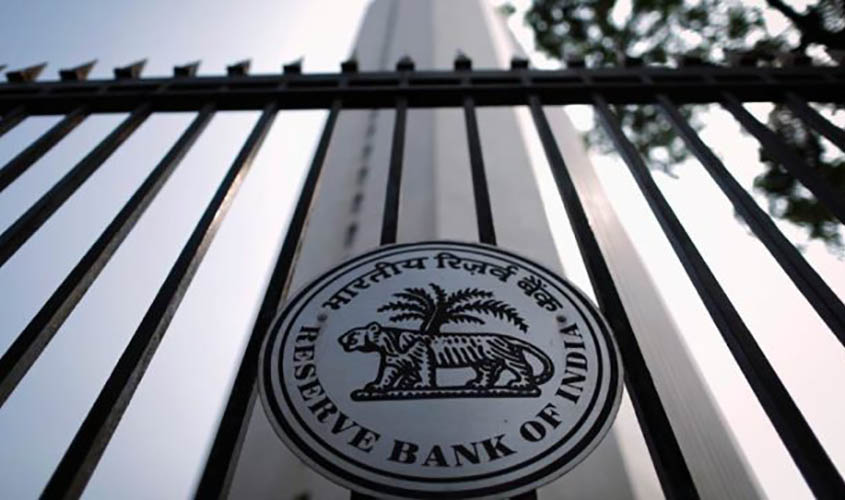While Bill Gates may have complimented Government of India for the unprecedented step of withdrawing 86% of the country’s currency at less than four hours’ notice, several tens of millions of those in far more straitened circumstances than Gates were severely affected by the move. It is a matter of astonishment that Reserve Bank of India Governor Urjit Patel failed to factor in the fact that the informal economy feeds into the formal economy. Indeed, that a substantial measure of the health of the latter comes from the robustness of the former. The RBI failed comprehensively to ensure adequate liquidity to the economy, and as a consequence, hundreds of thousands of employment generating units were shut down owing to lack of cash. Neither Bill Gates nor Urjit Patel may know this, but the reality is that there are several parts of India, especially in the rural areas, that have extremely poor coverage by the commercial banking system. Those living in such locations were left to fend for themselves by the cavalier attitude of the RBI towards their fate
The RBI must step forward and accept responsibility for failing to ensure that much of the banking system in India not become a personal piggybank for the well connected. There needs to be a Special Investigation Team (different from the frequently sitting SIT set up by the Modi government immediately after it took over, and which has generated much paper but few discoveries of black cash, especially the hundreds of billions of dollars held overseas). Such an SIT should comprise non-government experts of stature and integrity, rather than become a receptacle for yet another collection of civil servants to occupy. Those working for foreign financial entities should be excluded, as several of those have made huge profits because of insider knowledge gleaned from their intimate contact with key officials. An individual of proven success in unearthing financial crimes could be made the chairperson. Bank records and bank officials need to be accessed to determine if bank directors, for example, acted as PR agents for entities that subsequently defaulted on their loans. The lack of interest shown by the RBI in getting into the heart of the NPA scandal is worrisome, for unless there be accountability, and in a harsh and punitive manner, for the deliberately bad decisions taken by the banks in the case of the worst defaulters, the malady will recur again and again. Sadly, like the Bourbons, the RBI seems to refuse to learn from experience. Across the country, a terrible shortage of currency is taking place, that has the potential to cause immense harm to an economy that is only now recovering from the manner of implementation of demonetisation in the past. This is an unacceptable and unconscionable situation. The RBI needs to ensure that ATMs be replenished with cash immediately. If not, the senior management of the Central bank should accept responsibility for the lapse and follow the example of Lal Bahadur Shastri, who as Minister for Railways resigned after a rail accident. Prime Minister Modi should warn the officials working in the different departments of his government to either shape up or ship out. The unforgivable cash famine at ATMs across the country shows that too many of those given high responsibility are unfit to hold it.

